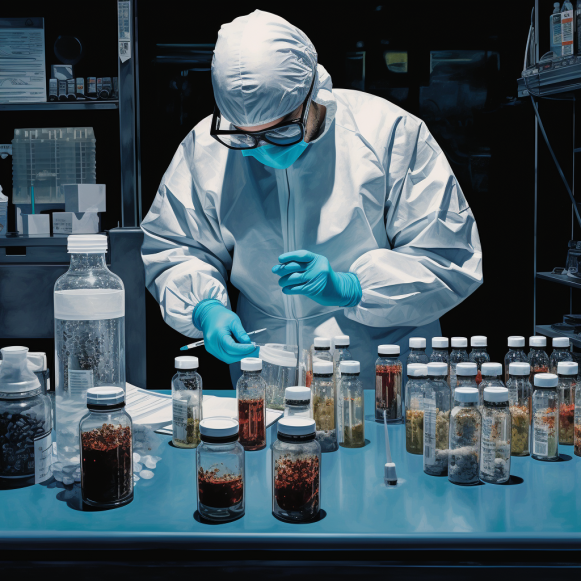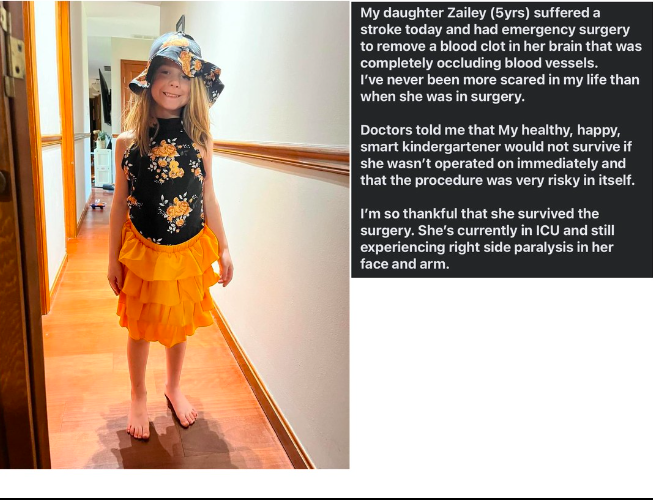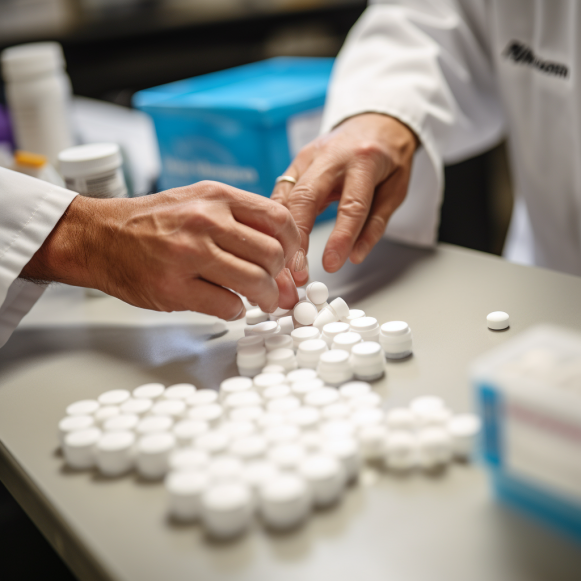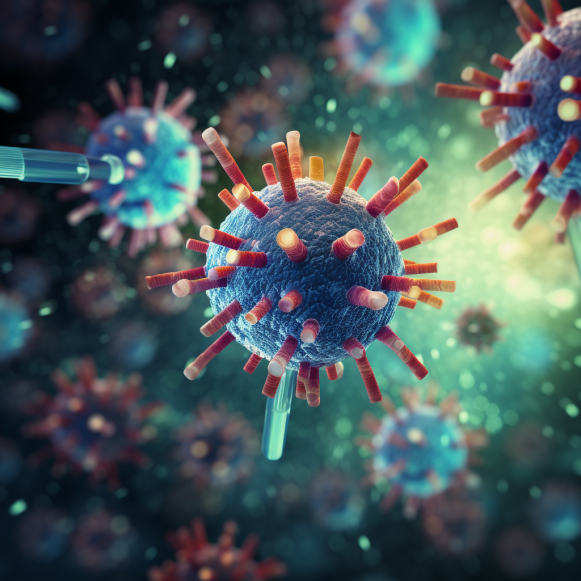Plasmid DNA Contamination in COVID-19 Vaccines Is ‘Clear Breach of Informed Consent’ by FDA: Dr. Malone
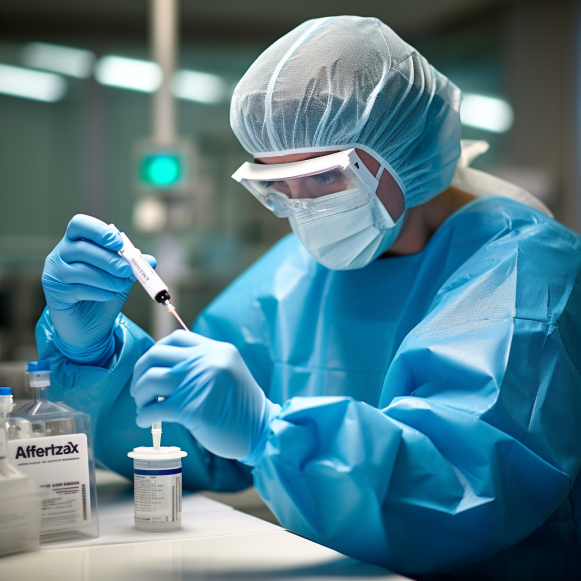
The public was not made aware that COVID-19 vaccines contained enhancer DNA sequences from the SV40 virus known to cause cancer in lab animals.
Dr. Robert Malone, the inventor of mRNA and DNA vaccines, chastised health regulators for failing to warn people about the possibility of plasmid DNA contamination in mRNA COVID-19 vaccines.
A preprint study published on October 19 discovered billions of residual DNA fragments in mRNA COVID-19 vaccine vials. While billions of copies of spike, ori, and SV40 enhancer DNA were discovered in Pfizer vaccine vials, copies of ori and spike DNA were discovered in Moderna vials. The SV40 virus is a DNA virus that has been linked to cancer in laboratory animals.
In a Substack post published on November 11, Dr. Malone stated that plasmid DNA contamination in vaccines is a “proven fact” that has been “acknowledged by the US FDA, Health Canada, and the European Medicines Agency.”
“In yet another clear breach of informed consent and labeling requirements, this was not previously disclosed to physicians, public health officials, or patients,” he said in a statement.
According to the FDA’s labeling guidelines, vaccine labels must include information about “serious adverse reactions, potential safety hazards, steps that should be taken in the event of a serious adverse reaction and potential safety hazard, and limitations in use imposed by them.”
The doctor wrote that Pfizer and Moderna COVID-19 mRNA vaccines “are contaminated with plasmid DNA fragments that have not been removed during the current manufacturing processes.” A plasmid is a circular DNA strand shared by bacteria and certain parasites.
Prior FDA guidance on DNA vaccine technology, according to Dr. Malone, highlighted the presence of “highly active regulatory sequences as being of particular concern due to potential insertional mutagenesis (integration).”
Concerns about plasmid DNA potentially integrating into the genome of the vaccine recipient and increasing the likelihood of issues like “malignant transformation, genomic instability, or cell growth dysregulation” were raised when DNA vaccines were first introduced for clinical use, according to the FDA’s “Guidance on Prophylactic DNA Vaccines: Analysis and Recommendations” published in 2009.
According to the study, a “tiny fraction” of the plasmids will “integrate into the host genome, regardless of the method of delivery.”
The FDA has issued a “categorical denial of adulteration and risk” of DNA vaccines, according to Dr. Malone.
According to an FDA spokeswoman, “no safety concerns related to the sequence of, or amount of, residual DNA have been identified” in the COVID-19 shots.
“With regard to the FDA-approved mRNA vaccines, available scientific evidence supports the conclusion that they are safe and effective.”
According to Dr. Malone, this denial violates both federal law on adulterated drugs and devices and FDA guidance on drug adulteration.
According to the United States Code on Adulterated Drugs and Devices, a drug is considered adulterated if its manufacturing, processing, packing, or holding do not meet the requirements of “quality and purity characteristics.”
Meanwhile, according to the FDA’s law on drug adulteration under the Food, Drug, and Cosmetic Act, a drug is considered adulterated “if it fails to conform to compendial standards of quality, strength, or purity.”
“Compendial standards” refer to the pharmaceutical standards outlined in the USP-NF, which is the official quality standards applicable to all drugs sold in the United States.
Regulators, Moderna Admit Risks
Multiple health agencies have admitted to DNA contamination in the mRNA COVID-19 vaccines, according to Dr. Malone.Health Canada confirmed the presence of the SV40 DNA sequence in the Pfizer vaccine in an email to The Epoch Times last month, which the company had previously failed to disclose.
The European Medicines Agency confirmed in an email to The Epoch Times that the Pfizer vaccine contains the SV40 sequence, which the company’s partner BioNTech did not highlight in its application.
It is unclear whether Pfizer identified the presence of the SV40 sequence in the plasmid DNA of mRNA vaccines when it applied for FDA approval.
Moderna “clearly acknowledges” the risks of genotoxicity associated with the DNA delivered via its vaccines, according to Dr. Malone.
Moderna claims in an RNA vaccine patent filed on August 8, 2019, that direct injection of naked plasmid DNA into a living host poses “potential problems, including the possibility of insertional mutagenesis, which could lead to the activation of oncogenes or the inhibition of tumor suppressor genes.”
Moderna considers “even ‘naked’ plasmid DNA” to be a risk, according to the doctor. There are no highly active lipid nanoparticle formulation agents in naked plasmid DNA.
Moderna failed to disclose in its patent that it was unable to manufacture such modified mRNA vaccines “without contaminating DNA,” he claimed.
“In conclusion, it is also clear at this point, unless proven otherwise, that none of these regulatory authorities have obtained data from one or more rigorous, well-controlled studies designed to address the genotoxicity and insertional mutagenesis risks” that are associated with the COVID-19 mRNA vaccines from Moderna. It is also clear
Until such data is provided, the FDA’s claim that there are “no safety concerns” with residual DNA does not “accurately reflect current knowledge,” according to Dr. Malone.
“The only objective conclusion to be made concerning such statements is that they functionally represent propaganda rather than proven scientific and regulatory fact.”
FDA’s ‘Willful Blindness’
In his Substack post, Dr. Malone referred to the FDA’s claim that there are “no safety concerns” about the inclusion of residual DNA in mRNA vaccines as “willful blindness.” He then emphasized the dangers posed by residual DNA in vaccines.
“The most well-documented risks associated with such potential insertional mutagenesis are cancer (in the case of stem and somatic cells, particularly hematopoietic lineage cells) and birth defects,” he wrote in the paper.
“As these highly active modified mRNA (plus DNA fragment) lipid nanoparticles are known to cross the placenta and to localize to ovarian tissue, the potential for birth defects would seem to be of particular regulatory interest and concern.”

Despite reports of “aggressive cancers” in recipients of mRNA vaccines, the FDA remains “willfully ignorant and in denial of these risks.” Furthermore, even though the agency claims that the vaccines are “safe and effective,” Dr. Malone wrote that the term “safe” is not defined.
He noted that FDA and CDC claims that earlier versions of mRNA COVID-19 vaccines reduced the risk of severe disease are now “irrelevant” because these products are no longer available and the strains have become extinct.
“Furthermore, many researchers have demonstrated that, even in those historic cases, after some period of time those so dosed with these products become MORE likely to develop severe disease or death relative to unvaccinated patients (most of whom have acquired natural infection with resulting potent and diversified immunity,” according to Dr. Malone.
Six months after the index date, incidences of COVID-19 infection were “significantly higher in vaccine recipients (6.7 percent) than previously infected (2.9 percent)” individuals, according to a September 2022 study.
The index date for the vaccinated was set at 30 days after their first COVID-19 shot. The index date for the infected was 30 days after the initial infection.
On the plus side, “all-cause mortality in the vaccinated was 37% lower than in the previously infected.” The rates of all-cause ED visits and hospitalizations were 24% and 37% lower in the vaccinated than in the previously infected, respectively.”
Presence of SV40 Sequences
In a statement, Dr. Malone stated that “the presence of highly active promoter/enhancer DNA sequences (and fragments) derived from the SV40 virus, present in the Pfizer/BioNTech product, was not disclosed and discussed with either the public or to the regulatory agencies.”
The SV40 enhancer gene from the SV40 virus is used to create mRNA vaccines. It is common practice to use bacteria to produce genes and proteins for pharmaceutical production.
The SV40 enhancer gene and other genetic sequences were introduced in the plasmid DNA of the mRNA COVID-19 vaccines. The DNA is supposed to be removed after the mRNA and DNA are extracted from the bacteria.
In his post on Substack, Dr. Malone wrote that “such short DNA fragments are associated with a high risk of integration, otherwise known as insertional mutagenesis, which is a well-characterized form of genotoxicity.” The ability of harmful substances to damage the genetic information present in cells is referred to as genotoxicity.
If the FDA had approved these mRNA COVID-18 vaccines as gene therapy products, they would have required “rigorous genotoxicity studies” before being used in humans, he said. The same would apply if the mRNA vaccines were classified as “DNA vaccines.”
“But apparently there is something magical about inclusion of modified-mRNA together with DNA fragments in these highly active lipid nanoparticle nucleic acid delivery formulations which leads the FDA to conclude that there is no genotoxicity risk.”


